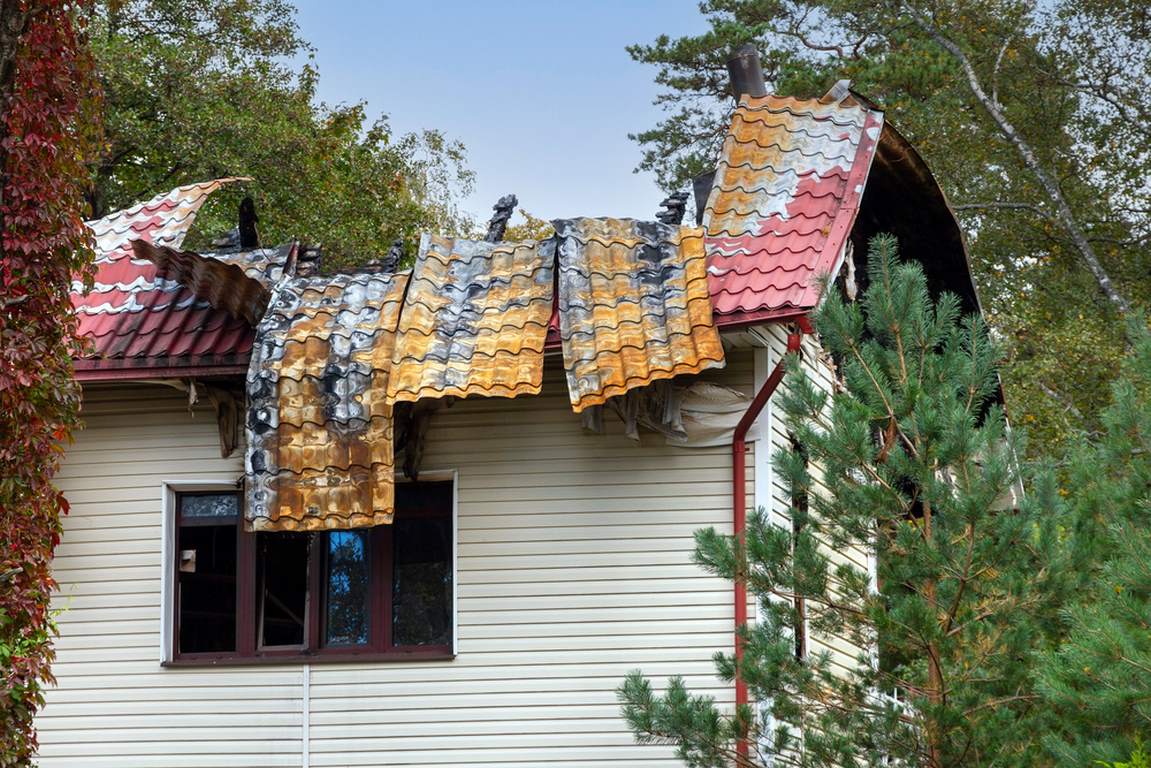Table of Contents Show
It’s usually exciting to buy a product with a warranty. A longer warranty means extended longevity. Thus, if the product malfunctions and the warranty covers the cause of its defectiveness, the American company pays for its repair or replacement.

The same is the case with a roof warranty. Installing a new roof is a huge investment you’ll want to protect at all costs. Unlike electronic appliances, which you can take time to repair or replace, roof repairs or replacements are urgent. This is because a roof makes your home habitable.
Learning about the various roof warranties and understanding what each warranty covers is very important for American homeowners.
Also, if you’re in Greely, Colorado and you’re looking for roof installment services or roof repair roofing Greeley CO got you covered. They handle a range of roofing needs from residential to commercial roofs.
This post simplifies the different types of roof warranties and coverage to help you choose the one that suits your needs best. Stick around to learn more.
Understanding Roof Warranties and Coverage
A roof warranty coverage protects your roof against any deterioration after installation. It keeps you from incurring out-of-pocket costs to repair or replace your roof due to deterioration too. As such, you need to select a roof warranty and accompanying coverage that fits your needs perfectly.
Read Also:
The following are the three types of roof warranties and a discussion of each warranty’s coverage.
1. Standard Manufacturer’s Warranty
The industry benchmark for most roofing shingles is a basic limited lifetime warranty. A lifetime warranty means that coverage applies for as long as the home is yours.
The standard manufacturer’s warranty covers the cost of replacing defective roof shingles during the first few years. After the initial period expires, the manufacturer offers coverage as per service usage.
Coverage throughout the initial period includes the cost of labor for replacing defective roof shingles. Nonetheless, the warranty doesn’t cover the tear-off or disposal cost.
After the initial period, the warranty only pays for the cost of replacing defective roofing material. This means that the responsibility of covering the labor, disposal, and installation costs once the initial period is over falls on you.
The coverage for standard manufacturer’s warranties only includes factory defects. Thus, the warranty’s coverage doesn’t extend to the deterioration of your roof due to installation mistakes.
Similarly, the warranty doesn’t apply if your roof contractor installs other materials, like ventilation components, incorrectly resulting in a defective roof. Nonetheless, you can check whether the manufacturer of the components responsible for the defect has a warranty that can cover it.
2. Extended Manufacturer’s Warranty
Extended manufacturer warranties provide comprehensive coverage. Under this warranty, a single defective component results in a fully funded replacement of your entire roof. In addition, the duration for which this comprehensive coverage applies is longer when compared to the coverage a standard manufacturer’s warranty provides.
But the coverage of an extended manufacturer’s warranty provides is only valid if you obtain all your roofing components from the same manufacturer. Additionally, a certified roofer should have installed your roof.
This roofing contractor should have a demonstrated track record of installing roofing systems as per the manufacturer’s installation requirements.
Some of the common benefits an extended manufacturer’s warranty offers include the following:
- Coverage against errors resulting from workmanship installation: Some manufacturers offer coverage against workmanship errors based on a prorated period. This coverage includes labor and disposal costs. However, only a few extended manufacturers’ warranties offer this benefit.
- Coverage for all roof system materials and components, excluding fasteners, wood decking, and flashing.
- Lasting coverage for faulty materials including repair and replacement costs – that goes up to five decades.
3. Contractor Workmanship Warranty
Other than the quality of your roof, your contractor also plays a vital role in determining your roof’s durability.
Reputable roof companies back their competency with a workmanship warranty. Different roof contractors provide varied durations of coverage. Some provide coverage for a set time, often between two to 25 years, while others cover lifetime roof repairs and replacements.
Besides the longevity of the warranty’s coverage, it’s essential to consider the coverage provided for worker installation errors too. A good contractor workmanship warranty covers roofing material failures that result from improper installation or worker error.
Some typical installation errors that a contractor workmanship warranty covers are:
- Failing to include starter shingles;
- Failing to install the underlayment appropriately;
- Failing to use flashing during roof installation;
- Underusing or overusing nails during roof installation; and the like.
Typically, a contractor’s workmanship warranty covers labor costs and the cost of purchasing new material for replacement or repair.
In addition, if the interior of your home or your belongings are damaged during roof installation, this warranty should cover that too. Nonetheless, you might want to compare coverages from multiple contractors to get the best deal.
Winding Up
A roof warranty is an important investment because it makes your home habitable. Hence, understanding the different types of roof warranties and their coverage enables you to choose one that suits your needs perfectly.
Remember that experiencing the full benefits of any of the warranties requires you to work with a highly qualified contractor.










